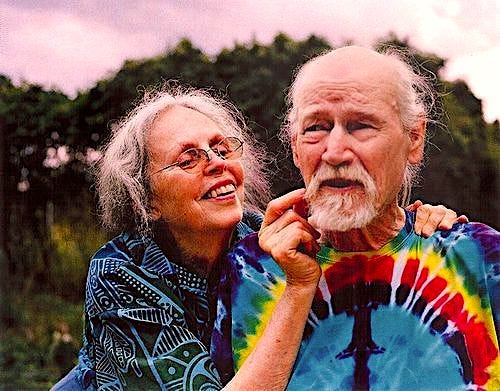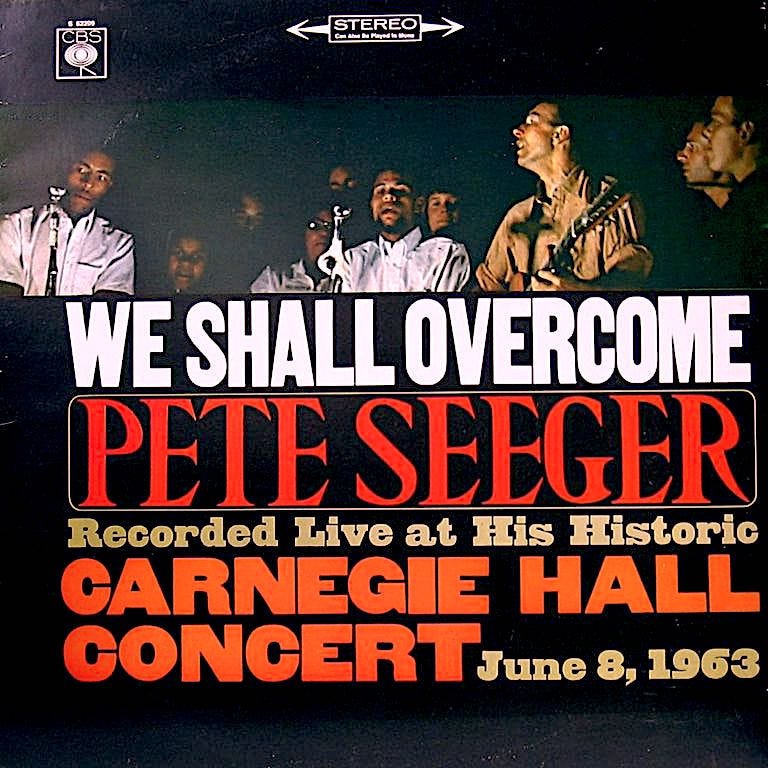"Mr. Judd, Personal Identity, and Overcoming the World" from my Care Home Journals
From marching in the streets to marching in my heart
“Mr. Judd, Personal Identity, And Overcoming the World”: America has a blind spot in regards to the elderly. Much of the world has ingrained respect for seniors, be it for their wisdom or be it out of ancestral loyalty. In much of Africa, Asia, and South America, and on Native American reservations, it is rare for families to move their elders into assisted living homes. Elders generally do better when they are able to stay in their familiar environment. That helps them preserve their identity and to feel valued—a vital topic as the loss of one’s identity is a horrible thing to ponder.
Granted, the American family infrastructure has economic and geographic complexities one doesn’t find in other cultures, but assisted living homes are generally unique to America and Europe. The staff at assisted living homes are to be commended for taking up the slack, doing what family members can’t or won’t do. It takes heart and patience to attend to grown people who can’t take care of themselves, making sure they get their scheduled medication, keeping them fed and clean, not to mention keeping them humored. If anything, care home staff are essential for the dignity and personhood of our senior citizens.
I had a booking at a care home where, every Saturday, I’d entertain an audience who had varying degrees of functionality (some mobile and engaged, some not). Every week I’d discover something new about them—what songs they liked, where they were from, what they accomplished in life, etc. One lady, sad and diminished, who’d sit scrunched up sideways in her wheelchair, sometimes drooling because she couldn’t hold her head up. She had to be wheeled around and dressed (with style—no frumpy wardrobe on this lady). The first time I saw her she made no eye contact and seemed oblivious. The next time she glanced at me for a moment. The third time she actually gave a little “hello.” The fourth time she tried to clap and sing before she ran out of strength. The upshot is that the music brought her out of her shell, one visit at a time. I was later astonished to learn she was one of the first African-American females in American history to become a heart surgeon.
In that same audience was a hippie-ish looking white man named Mr. Judd, always dressed in flannel shirts and comfortable bib overalls with pockets that seemed to hold secrets. He told me to “just call me Judd, that’s good enough,” but I always called him “Mister” because anything less felt disrespectful. He got around with a stylish cane and, at first, I thought he showed up only because there was nothing else for him to do. Eventually he became friendly, clapping and singing. He was often joined by his girlfriend, a lady who liked to flirt and tell randy jokes. One time she pinched my bum. Another time, when Mr. Judd was out of earshot, she asked me if I was married. Despite her wayward triflings, they were a romantic item.
One day Mr. Judd requested “We Shall Overcome,” the famed protest song descended from the Charles Tindley gospel hymn.
“We Shall Overcome,” is a redemptive chronicle for the rights of man, going back to 1946 when it became an anthem for a workers strike in South Carolina. It was paid forward with Pete Seeger and the great civil rights marches of the late 50s/early 60s. Mr. Judd was clearly an enthusiastic child of those times.
When I played it, Mr. Judd beamed and sang with gusto, and thereafter I played it every time I saw him. Besides fufilling his request, I experienced a zeigeist. This song brought out the timeless embodiment of Mr. Judd’s identity and story. It brought out the impact and meaning of civil rights, the sweat of marching, and times that transformed our country. For the duration of a song, those times are felt and contemplated all over again, as they should be. For the duration of a song, Mr. Judd felt like his life really did make a difference, that this old hippie truly did overcome the world.
BY WAY OF INTRODUCTION TO MY CARE HOME JOURNALS: Since 2017 I've been performing regularly in assisted living homes, providing musical service to people in various stages of dementia and disability. There is proof-positive that music reaches into more areas of the brain than language, math, and many other forms of communication. The science has been unfolding for some time.
I've seen miraculous things happen, just from singing songs to people who are considered to be "disconnected"—suddenly, they're singing, clapping, tapping, dancing...all because of these familiar tunes. Staff personnel also tell me that the music helps the residents to eat and sleep better. While some of the folks I entertain are deep in "memory care," others have been set back by strokes or other issues. Some of them are in great pain or are barely cognizant of their surroundings. Some are as young as 40. Others are well into their 90s and beyond (including World War II veterans) and are very high-functioning.
I could use your financial support to keep doing this (I collect a fee, but it doesn't cover all my expenses as a working act). One option is to download my album of songs I play in the care homes:
When you stream or download this album, you have the option of paying any amount you wish. You can also support by becoming a Patreon patron https://www.patreon.com/johnnyjblair ...for as low as $1 a month. It goes towards transportation, gear maintenance, and providing more music for the residents.
Lastly, if you have family or friends who live in these homes, please take time to visit them. It’s life-enriching in more ways than we know. Thank you for reading and for supporting.
Do you like this journal entry? Also read
#johnnyjblair #singeratlarge #entertainer #assistedlivinghomes #carehomes #yay #johnnynash #brucespringsteen #greatamericansongbook #dementia #disability #oliversacks #daniellevitin #cowboysongs #sanfrancisco #ashland #judd









